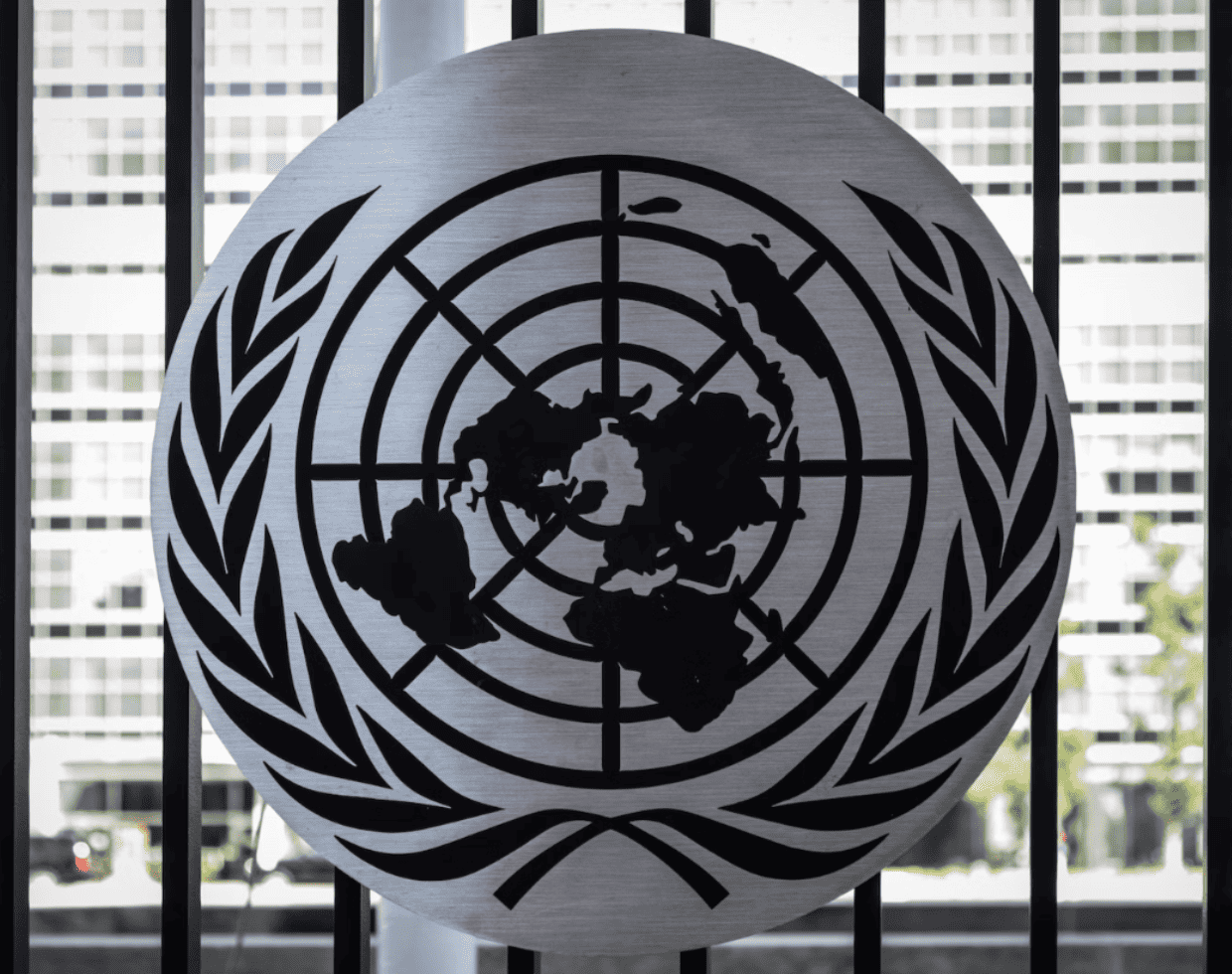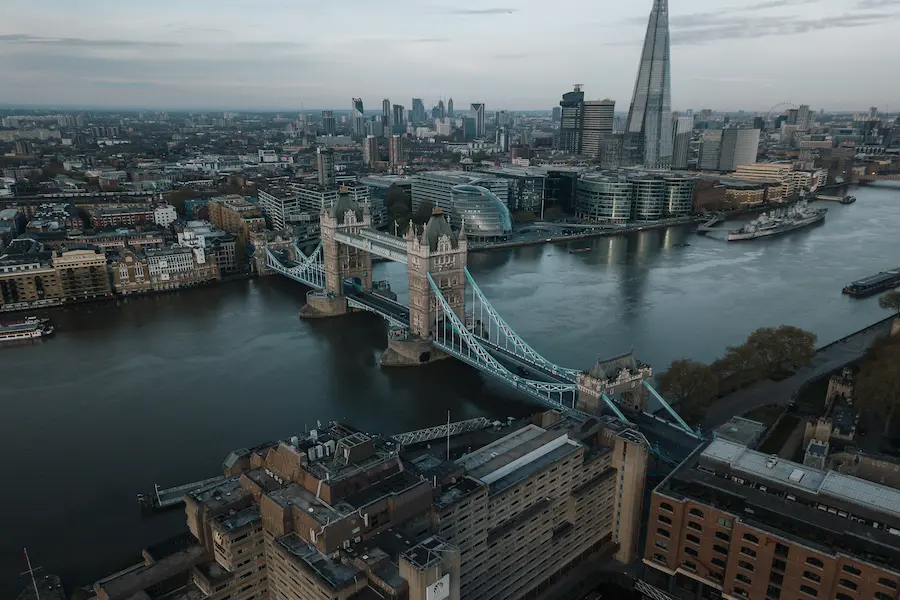Bonn Conference: Designing a successful COP28

Between the 5th and 15th of June 2023, the Bonn Conference or “SB58” took place in Bonn, Germany. The conference, held by the United Nations Framework Convention on Climate Change (UNFCCC), is attended each year by world leaders, international organisations, academics, media and activists. This year, Parties evaluated the progress made since COP27 in Sharm El-Sheikh in November and made plans for a successful COP28 in the UAE in December 2023.
What is the Bonn Conference and why is it important for COP28?
For the first time since COP27, all Parties to the UNFCCC met in Bonn and the message “we are running out of time” has not lost its meaning. The Intergovernmental Panel on Climate Change (IPCC) has repeatedly called for the urgent scaling up of collective efforts to drastically reduce emissions, adapt faster, and shift finance to low-emission options.
“The solutions are there. The IPCC outlines many feasible, effective and low-cost mitigation and adaptation options to scale up action across sectors and countries,” says Harry Vreuls, Chair of the UNFCCC’s Subsidiary Body for Scientific and Technological Advice (SBSTA).
Since the Paris Agreement, COP28 will be the first time that governments collectively take stock towards the agreement’s goals and objectives. Six months after COP27, the Bonn conference is also the last time parties, experts and non-party stakeholders will have the opportunity to identify challenges, overcome gaps and build on and scale up the opportunities and solutions before COP28 UAE.
What is discussed at the Bonn Conference?
Loss and Damage
“Loss and damage” is a general term used in UN climate negotiations to refer to the consequences of climate change that go beyond what people can adapt to, or when options exist but a community does not have the resources to access or utilise them.
Loss and damage harms and will continue to harm vulnerable communities the most, making addressing the issue an important matter of climate justice. The finance allocated towards loss and damage would ensure that communities on the frontline of climate change would survive and thrive.
The Bonn Conference hosted the second Glasgow dialogue on loss and damage, which optimises loss and damage funding arrangements. Parties have also come to an agreement on institutional arrangements for the operationalisation of the Santiago network on loss and damage. The Santiago Network will connect vulnerable developing countries with providers of technical assistance, knowledge, resources they need to address climate risks. One of the key issues facing negotiators at Bonn is finalising the selection of the host agency to provide the secretariat for the Santiago Network. However, with just hours left to go of the conference (at the time of writing), there still has been no decision.
At Bonn, UAE officials seem confident that they can land the loss and damage fund agreed at COP27 at COP28. Egyptian diplomat Mohamed Nasr says the EU, US, and other rich countries need to cough up, telling a Bonn media huddle: “This fund is not about development or reducing emissions, this fund is about regaining lost development achievements by developing countries.”
Youth groups have been long demanding loss and damage to be on the official COP negotiation agenda and Greenhouse are proud to be working to support young changemakers behind the Children and Youth Pavilion who are galvanising stronger climate action at these global negotiations.
The Global Stocktake
The global stocktake is a critical turning point when it comes to efforts to address climate change – it’s a moment to take a long, hard look at the state of our planet and chart a better course for the future. The Global Stocktake is due to be published in 2023 and countries are currently deliberating on what the political response should be to it. Bonn will be the last opportunity for countries and other stakeholders to provide technical inputs before the political part of the stocktake starts.

Transforming Food Systems
On our current trajectory, emissions from food systems alone will exceed 1.5°C between 2051-2063. Being discussed at Bonn too is the Koronivia Joint Work on Agriculture (KJWA), a landmark decision under the United Nations Framework Convention on Climate Change (UNFCCC) that recognises the unique potential of agriculture in tackling climate change. The Koronivia decision addresses six interrelated topics on soils, nutrient use, water, livestock, methods for assessing adaptation, and the socio-economic and food security dimensions of climate change across the agricultural sectors.
Greenhouse is working with the Food Systems Partnership to launch their new Pathways for food systems transformation report to add to the calls for food and agriculture to be central to global climate dialogue and negotiations. The Food Systems Partnership is a newly formed coalition, evolved from the first-ever Food Systems Pavilion at COP27, and brings together key food organisations, such as Clim-Eat, EIT Food, EDF, CA4SH and FOLU.
“I returned from the Bonn Climate Change Conference deeply disappointed yet fully committed to rewriting this narrative at COP28.
Our planet and its rich biodiversity can’t afford further delays. Despite some initial progress on the ‘Sharm el-Sheikh joint work on climate action in agriculture and food security,’ negotiations have only yielded a commitment to continue discussions at COP28. This falls short. We must seize the opportunity to raise ambition and adopt a truly holistic approach to implementation.
During Bonn, I met passionate food systems advocates and stakeholders striving for meaningful change towards equitable, sustainable and more resilient systems. The Food Systems Partnership’s ‘Pathways Report’ provides the roadmap for negotiators and the global community. I’m excited to see momentum build around this and will ensure that we keep the pressure on for real transformative change.”
Jenny Briggs – Head of Food at Greenhouse Communications
The path to COP28
From transforming food systems to establishing adequate Loss and Damage funding, there is a lot at stake ahead of COP28. With just hours left (at the time of writing) and no final decisions made – an agenda agreed upon with just days to spare – the prospects of COP28 hang in the balance. This lack of urgency must be transformed into immediate action if we are to reach the Paris Agreement’s goal of limiting global warming to 1.5°C.


